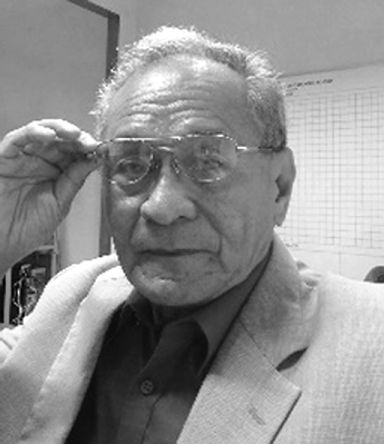
In the beginning of humanity there were no rules, laws, or constitutions that people followed. To each his own. Families may live near each other and cooperate for their protection or undertaking commonly beneficial projects.
Soon they chose their leader from among the most capable of them with some eventually becoming kings or despots. Others simply came to power by force. Freely chosen or not, a leader would rule with some kind of written or unwritten rules. In this instance, the welfare of the people would now depend not only on their industry but also on state power. When state power is exercised responsibly, as by a benevolent king, progress will follow. A despot would lead the people to ruin.
Our wants are unlimited but our resources are limited. All nations, therefore, faces scarcity. With it arises the three basic economic questions of what, how, and for whom to produce. In some nations, the questions are answered by state command.
However, many nations now give the private sector greater role which operates through the invisible hand of the market. The private sector was very active in England during the first industrial revolution and in the US after it gained independence. Fear of English dominance prompted many western European nations to industrialize rapidly. This was achieved with state guidance or interventions. The private sector played only secondary role.
For political reasons, the state may take over completely the power of the invisible hand of the market. Here, no role is left for the private sector to play. All means of production are government owned and controlled. We saw this in Russia and many other communist countries in Eastern Europe before their people finally decided that it was enough. Communist China managed to turn to the market to re-start its moribund economy without dismantling the existing government apparatus.
During the Spanish colonial period, the state played very little role in promoting the development of the country. Finding no gushing mines of gold and silver like in the New World or valuable spices like in the Moluccas, the few enterprising Spaniards, in tandem with the unscrupulous in the church, contented themselves with their profits from galleon trade. A monopoly, the galleon trade transshipped valuable goods from China and other neighboring countries to Mexico in exchange for silver, most of which ended up in China. The Filipino people did not benefit from it.
Only after more than two thirds of its rule when the Spaniards opened the Philippines to global trade and eventual termination of the galleon trade monopoly that the countryside experienced real development. Here the private sector played a great role in trading or production of export crops such as sugar, tobacco, abaca and copra. The result of this, however, was the concentration of economic power in the hands of few rich merchantmen and landlords, and with it the control of the state. The same system was continued during the American occupation which also saw the Americans joining the few remaining Spaniards, Spanish mestizos, Chinese, and Chinese mestizos in controlling the economy. True blooded Filipinos have very little means and this
remains true until now!
Disclaimer: The comments uploaded on this site do not necessarily represent or reflect the views of management and owner of Cebudailynews. We reserve the right to exclude comments that we deem to be inconsistent with our editorial standards.




